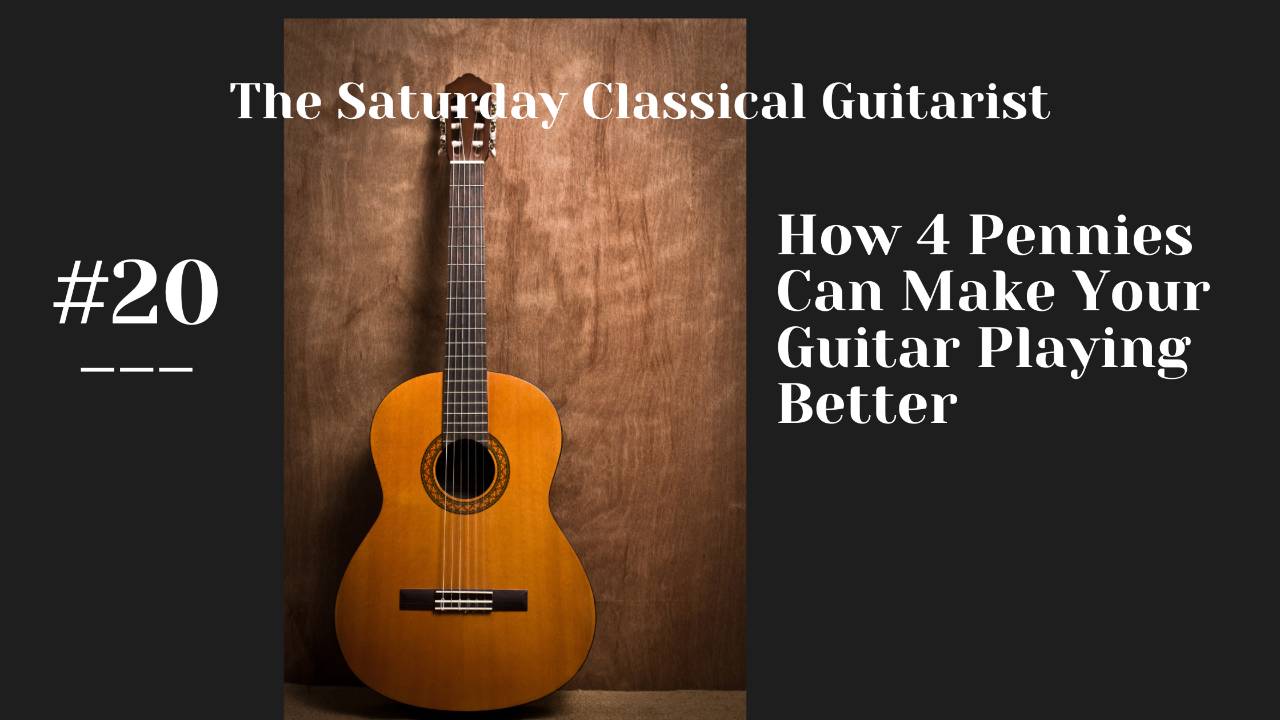Maybe you’ve tried the metronome and found it frustrating.
You feel like the metronome causes mistakes.
But most advanced guitarists say the metronome is a useful tool.
Why?
It helps you improve t...
You pick up the guitar, but you just don’t feel excited about it.
It feels like work.
Nothing goes right.
If this happens for several days in a row, you start avoiding guitar practice.
You feel gu...
Picture this.
You hear a piece of music that sounds amazing.
You just can’t wait to play it.
So you start learning it.
But you quickly realize it’s much harder than anything you’ve ever played.
Y...
You have a busy life.
You can only fit 1 hour of guitar practice into each day.
How do you make the most of that time?
This is what a classical guitar hobbyist (let’s call him Joe) recently asked m...
When you’re working on a difficult passage, it’s helpful to try various approaches to improve your playing.
One useful strategy that’s not discussed enough is to experiment with different rhythms.
R...
One of my favorite arpeggio studies is Carcassi’s Etude in A major, op. 60, No. 3.
This piece sounds good and also challenges both hands, helping the guitarist to grow in technique.
Here are four pr...
Making music brings so much joy.
It reduces stress and improves your mental health.
But it’s so hard to fit guitar practice into your busy schedule.
Here are three strategies that help:
1. Tempt Y...
Picture this.
You’re excited about learning a new piece of music.
You begin playing it.
But the mistakes start coming.
And they don’t stop.
You put more time into practicing the piece.
But it do...
It’s hard to play the right notes and rhythms consistently.
You keep playing through a piece from the beginning.
Sometimes you get it right.
Sometimes you get it wrong.
How do you get it right eve...
You’re enchanted by the ability of classical guitar to play two voices at once on the same instrument.
But when you start playing a piece with two separate voices, it’s harder than you expected.
How...
When you first encounter dotted rhythms, they can seem so difficult.
A dot adds half the value of the note it follows.
So a dotted eighth note is equal to an eighth note plus a sixteenth note.
But ...
You want to play without looking at the page.
You think you have the piece memorized.
But then you have a memory slip and lose confidence.
Is it possible to trust your memorization?
These four ste...











